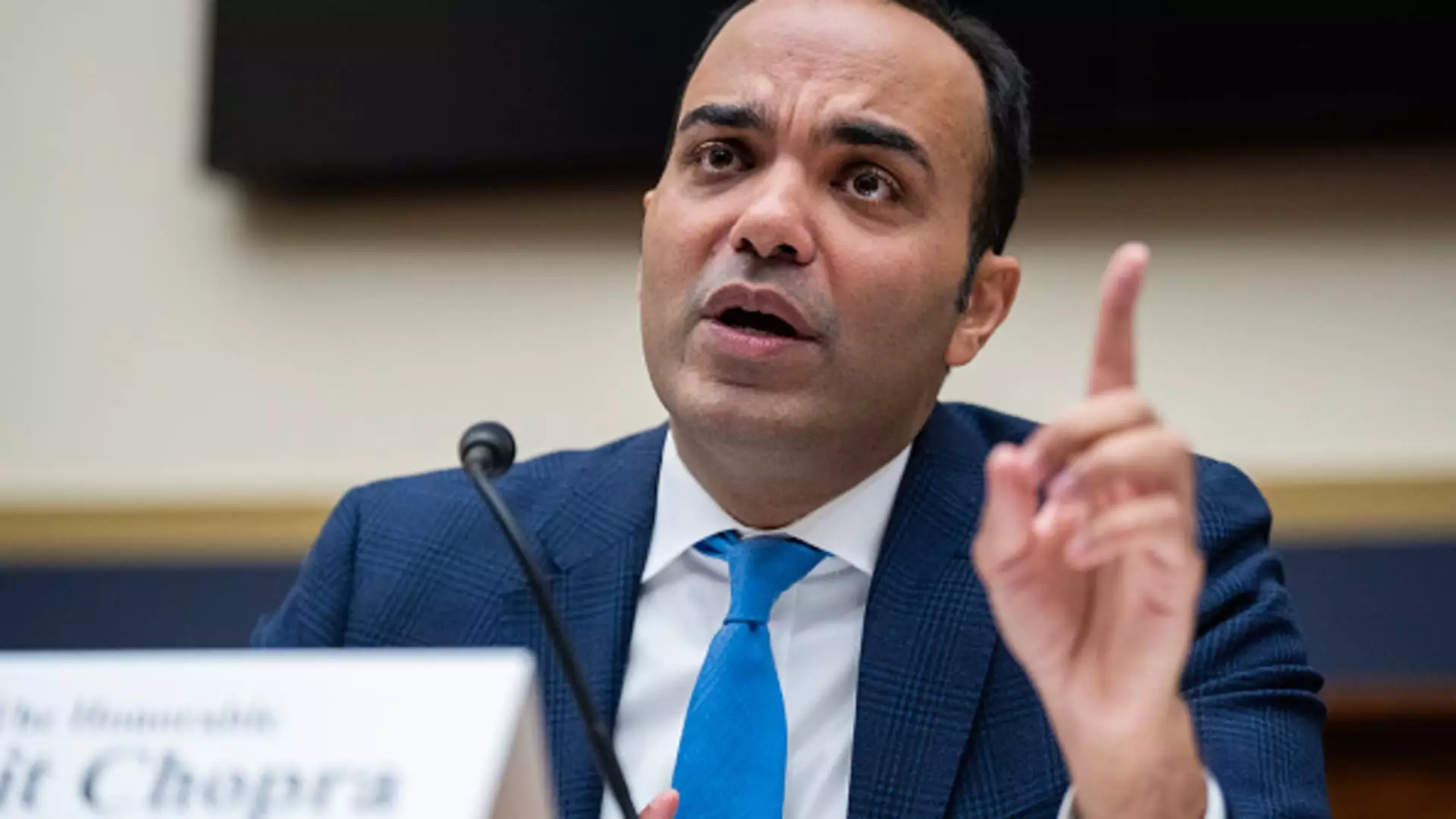The Consumer Financial Protection Bureau (CFPB) announced on Wednesday that customers of the growing buy now, pay later (BNPL) industry must follow the same federal protections as credit card users. The agency introduced an “interpretive rule” categorizing BNPL lenders as traditional credit card providers under the Truth in Lending Act. This means that companies like Affirm, Klarna, and PayPal in the BNPL sector are required to issue refunds for returned items or canceled services, investigate merchant disputes and pause payments during inquiries, and present bills with fee disclosures. CFPB Director Rohit Chopra emphasized that shoppers using BNPL services are entitled to consumer protections under existing laws and regulations.
The CFPB has been actively monitoring the BNPL industry, which has seen a significant expansion in recent years, with transaction volumes increasing tenfold from 2019 to 2021. Despite its popularity, concerns have been raised about users being provided with more debt than they can handle. Chopra highlighted the importance of ensuring that these new credit options do not bypass established rights and responsibilities mandated by law. The agency’s aim is to bring consistency to BNPL services across the industry.
The CFPB’s new rule will take effect in 60 days, with the agency currently open to public feedback on the regulations. While some BNPL providers offer refund and dispute services, the rule will ensure uniformity in their application throughout the industry. Expecting tighter regulations, BNPL companies have argued for a tailored framework for their industry, claiming their products are less risky compared to credit cards and, therefore, require less stringent oversight. Despite facing possible resistance from BNPL firms, akin to payday lenders opposing regulation, the CFPB remains committed to enforcing rules that protect consumers.
The BNPL industry is approaching a period of increased scrutiny, with the potential for legal challenges against the CFPB’s regulations. Klarna and other players within the sector have expressed concerns over attempts to impose credit card rules on their operations. Echoing sentiments from the industry, Klarna emphasized the need for a distinct regulatory framework tailored to the specific risks posed by BNPL services. This resistance underscores the ongoing debate between regulatory bodies seeking to standardize consumer protection measures and industry players advocating for more nuanced oversight.
The CFPB’s latest move to regulate the BNPL industry signifies a shift toward greater oversight and protection for consumers using these services. As the sector continues to grow, maintaining a balance between innovation and consumer safeguards will be crucial. The implementation of the new rule marks a significant development in the ongoing dialogue surrounding financial regulation and consumer rights in the realm of digital installment loans.

